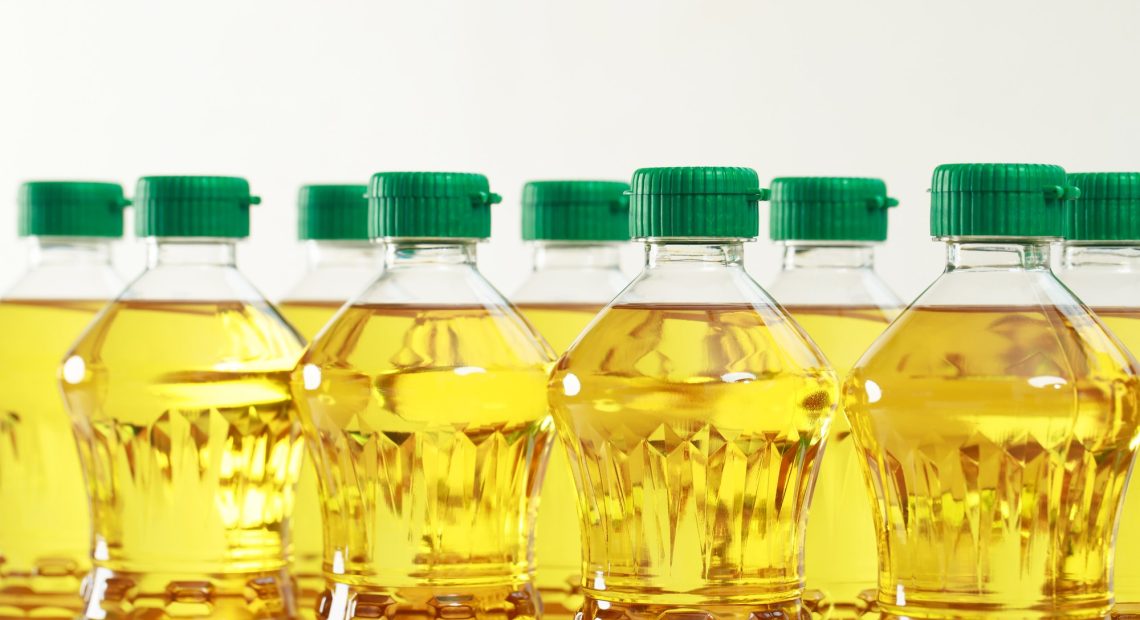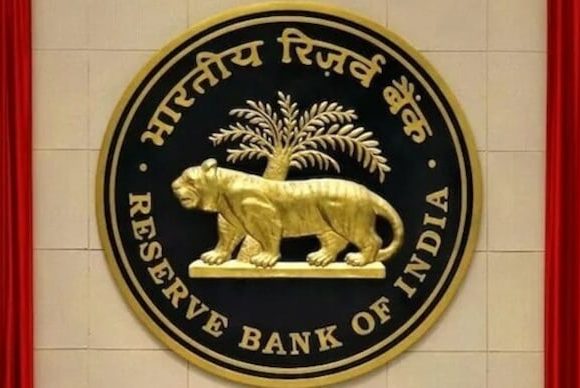
Indonesia Urges India to Maintain Stable Palm‑Oil Import Policy
Indonesia, the world’s largest producer of crude palm oil (CPO), has called on India to adopt a predictable and transparent import framework to ensure reliable trade flows and minimize market disruption.
Surge in Indian Palm‑Oil Imports
In June, India’s palm‑oil purchases reached their highest level in 11 months, totaling around 953,000 MT. The surge was driven by low domestic stocks and a significant discount compared to alternative oils such as soy and sunflower. Earlier in May, India slashed its import duty on palm, soy, and sunflower oils from 27.5% to 16.5%, triggering a sharp increase in demand as refiners capitalized on cheaper pricing.
Policy Volatility Raises Trade Concerns
Indonesia raised a red flag over rapidly changing tariff levels—not only in India but also within its own export regime. With Indonesia hiking its export levy from 7.5% to 10%, there’s growing concern that sudden policy shifts could destabilize the global vegetable‑oil market. Indonesia’s ambassador to India emphasized that a stable and foreseeable trade policy is key to protecting both exporting and importing parties from unnecessary volatility.
Impact on Global Edible‑Oil Market
With palm oil trading at roughly $100 per ton less than soyoil, refiners have continued to boost imports. In May, India imported nearly 593,000 MT of palm oil, and many industry experts expect demand to remain strong as long as price differentials persist. A stable import regime would enable Indian buyers to plan more effectively and help stabilize global price dynamics.
Need for Regulatory Clarity
Both countries could benefit from a bilateral agreement that includes pre-announced duties and coordinated stockpile management. Such an approach would safeguard against sudden tariff hikes or supply disruptions tied to biofuel mandates and replanting initiatives. Coordinated planning could also support global edible‑oil supply chain resilience.


















